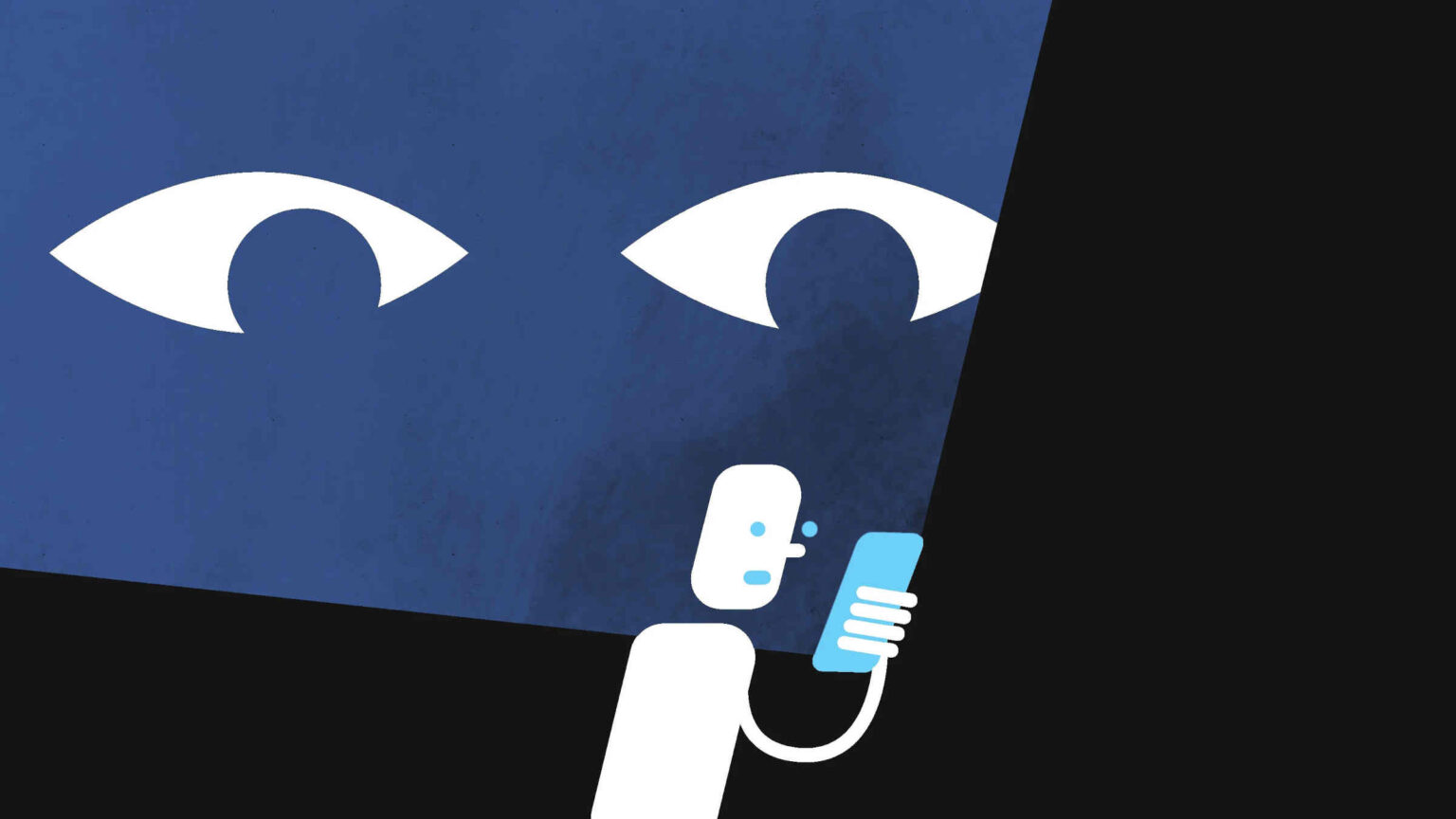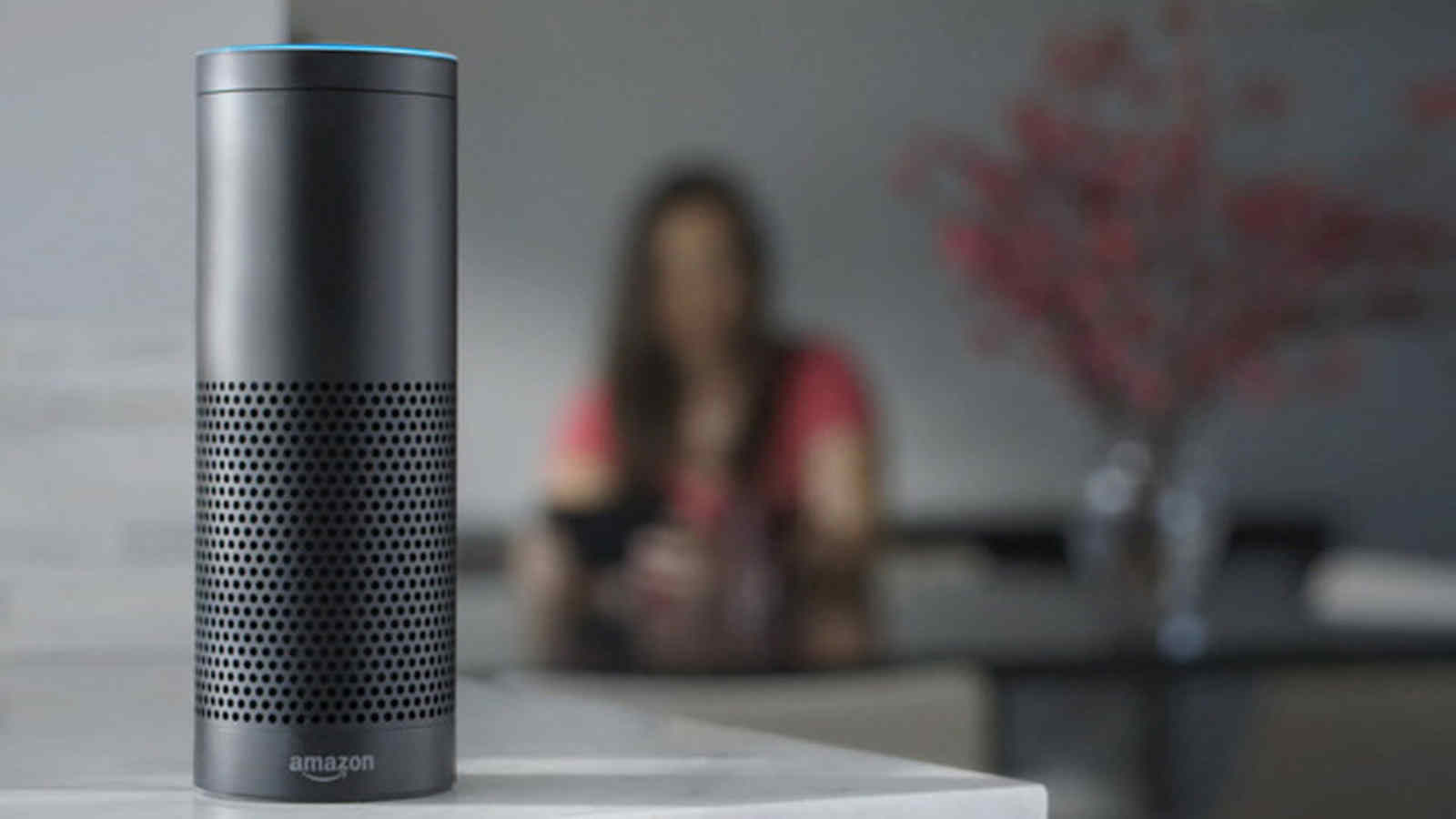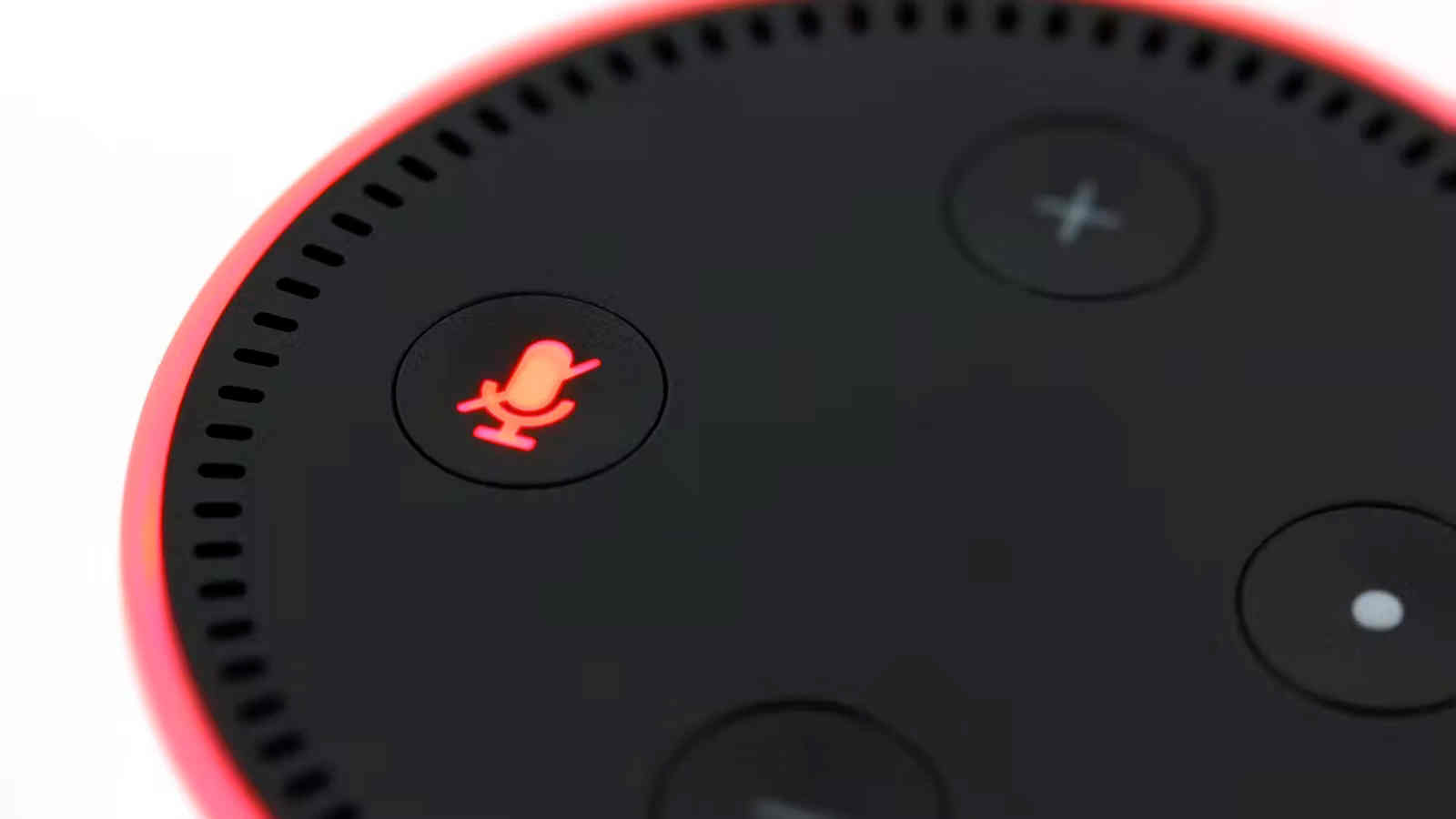
Privacy rights: Can you stop your tech from spying?
In the 80s, action movies made a fortune off of tech scares. The Terminator was one of many blockbuster movies linking technological advancement with people losing their right to privacy. Back then, it was all speculation and mind-blowing possibilities. It seems, however, that these movies might’ve been on to something.
In fact, techno-fears are no longer just plots in hit movies. They’ve become a reality, one which people are learning how to combat. From protecting virtual private networks (VPNs) to apps promising to protect privacy, more & more users want to know how to safeguard their virtual presence.
Yet, is full protection even possible anymore? Tech isn’t the only possible threat to one’s right to privacy and sometimes the company promising to protect you is the actual danger. It’s a scary concept, but it doesn’t mean solutions aren’t possible and that you can’t find them out there – right?

Ears everywhere
In 2014, Alexa was one of the first virtual assistants on the public market. Just by saying its name to an Amazon device, a computerized voice would respond, ready & eager to be of service. Similar virtual assistants like Siri in iPhones amazed users by being easy-to-use as well as super convenient.
Three years later and users were starting to give them a major side-eye around their right to privacy. Users were becoming increasingly concerned about its ability to listen to conversations not meant for it. In 2018, Checkmarx security researchers were even able to give spy capabilities to the Echo speaker device.
What’s worse, it wasn’t just hardware. Social media sites like Facebook were coming under legal fire for their inability to protect users from having their privacy breached. People would talk about going shopping or on vacation without looking up this information on Facebook. Then, suddenly, they’d start seeing ads reflecting their conversations.

Know your rights
Ads reflecting recent conversations were making users feel like they were being surveilled without their permission. States responded by setting up privacy laws to help them feel protected. More importantly, though, they made them feel like their privacy was an entitled right.
Illinois, for example, has a couple of laws protecting user privacy. The Biometric Information Privacy Act (BIPA) ensures protection against unauthorized use of biometric information – such as using your fingerprint to unlock your phone.
Surprisingly, the U.S. has no comprehensive laws protecting the individual right to privacy. This could be an attempt by some to use information gained through a privacy breach for personal gain. It could also just be a reflection of how hard it is to apply constitutional law to modern-day tech advancements.

Spy no more
Regardless, just because it’s hard to protect privacy, doesn’t mean people aren’t still trying. Companies like NordVPN & ExpressVPN do more than just sponsor your favorite YouTubers. They seek to protect your virtual presence while also giving you the perks of accessing TV & movie content in other countries.
The easiest way to protect your right to privacy with Amazon hardware such as Echo is to simply unplug it. You can also delete voice recordings at the end of the day or manually delete them in the Alexa app. Research points only to the potential of these tools to be used for nefarious deeds, rather than confirming their malicious use.
The more users become concerned about their privacy, the harder some of those users work to protect it for themselves & others. It gives users more options, keeps them up-to-date, and ensures tech can actually be stopped from spying on its users.

Just say no
There is no one solution to stopping tech from spying on its users. While there are more options, none of them are guaranteed. Some of the solutions might even be revealed to be part of the problem later on. It’s a scary reality, but one that needs to be recognized.
That being said, tech advancements don’t have to spell the end of one’s right to privacy. Just because it’s harder doesn’t mean it’s impossible and it certainly doesn’t mean it can’t be improved. It’s just a matter of making sure our lives don’t end up looking like a day in the Galactic Empire.



